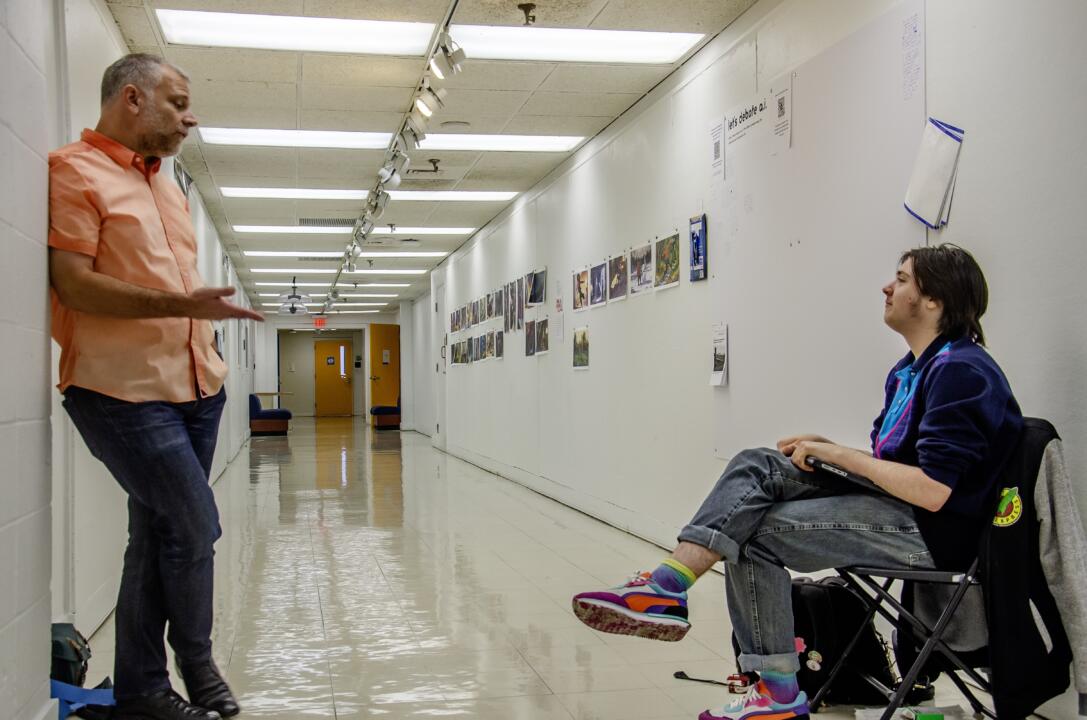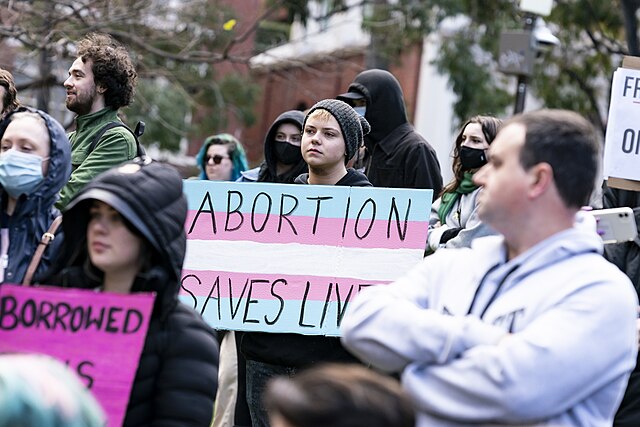On April 20, 2021, former Minneapolis police officer Derek Chauvin was found guilty of second-degree murder, third-degree murder and second-degree manslaughter. The verdict came 11 months after George Floyd’s death, which sparked worldwide protests against police violence towards Black communities and other people of color. At the University of Maryland, Baltimore County, members of the Black Student Union and Black Lives Matter chapters reflected on the verdict and the future of structural racism in America.
Students’ initial reactions to Chuavin’s guilty charges were mixed and focused on the future. Junior BSU board member and Information Systems major Aju Kalu said that one verdict is not enough to declare victory as it is only one win amongst centuries of losses.
“It is not necessarily a relief,” he said. “It is too constant for one success to allow for contentment.”
Sophomore Biology and Health Administration and Policy major Kolbe Setzer, a fellow BSU member, agreed with Kalu that the conviction is just the first step in the ongoing struggle against racism and violence. He also added that happiness about the verdict is more a sigh of relief that one officer was finally convicted.
“We all saw the video [of George Floyd’s murder] and there was nothing to hide,” said Setzer. “It should have been an open-shut case.”
Junior Africana Studies and Acting double major and BLM Treasurer Niara Richards said that her first reaction to the trial was one of surprise and happiness for the family of George Floyd.
“There are so many cases where police are not held accountable for their actions,” explained Richards. “A lot of work still needs to be done, but this is a good first step.”
Richards said that many of her friends were equally surprised at the verdict and hope that there will be more justice in the future alongside discussions of defunding police departments. Compared to others within the UMBC community and throughout the country as a whole, Kalu said that many people are “too focused on the now” to see past the victory and into the future. Setzer agreed, emphasizing the need for long-term criminal justice reform.
“The problem hasn’t ended. Most Black young adults are desensitized to police violence … . We want to see something better,” he said. “We want the way policing is done to change … . We need to change the court systems.”
In a recent Baltimore Sun article, Baltimore City Mayor Brandon Scott was quoted saying, “More work remains to prove once and for all that Black lives matter in America.” For Setzer, the mayor’s statement indicates how much growth needs to occur in education, job equity and the criminal justice system.
“[Black people and other people of color] are disproportionately locked up and have longer jail times,” said Setzer. “And Baltimore City students are moved forward even when they are not ready.”
Richards agreed with Mayor Scott, saying that politicians and other public officials need to keep police officers accountable for their actions. George Floyd’s murder was publicized because it was recorded, she continued, but there are so many other cases of police brutality towards Black Americans.
While the trial itself is over, all three students said that they need to push forward with this momentum.
“We need to fight apathy. This victory should shift [our mindset] towards the fact that victory is possible,” said Kalu. “We can start winning.”
Setzer discussed a sense of dread when hearing about and interacting with police, a feeling stemming from growing up with constant news about racism and brutality. He said that the criminal justice system protects people but also lets them down. He cited inordinately long and cruel prison sentences facing minority non-violent drug offenders as evidence of systemic inequality.
Setzer said that there are many opportunities for change at UMBC. “Our dorm furniture is made with prison labor … . UMBC should change that,” he said. “In the community around UMBC, there needs to be more education about allyship with different groups in society.”
Richards cited hope for change in the new government administration.
“President Biden and Vice President Harris know that this is just a measure of justice and not a complete change,” she said. “I hope people see that there is still a lot to be done.”
For Kalu, change cannot happen in as short of a time as a single president’s term in office.
“I think change is a decade away. When we pick a new president, we will see if anything has changed in his presidency,” he said. “We want to see changes in all levels: in communities, in structural racism, in how we are viewed as human beings.”
Setzer agreed, citing the history of Black Americans leading up to the civil rights movement. The world has barely changed since then, he said.
“Society has not changed to better support Black people,” continued Setzer. “That shift is starting to occur, but it will be quite slow and arduous.”
“We are all human beings, and the color of our skin is literally just pigmentation — how does that make you superior to me?” said Kalu. “All lives should be treated equally.”


